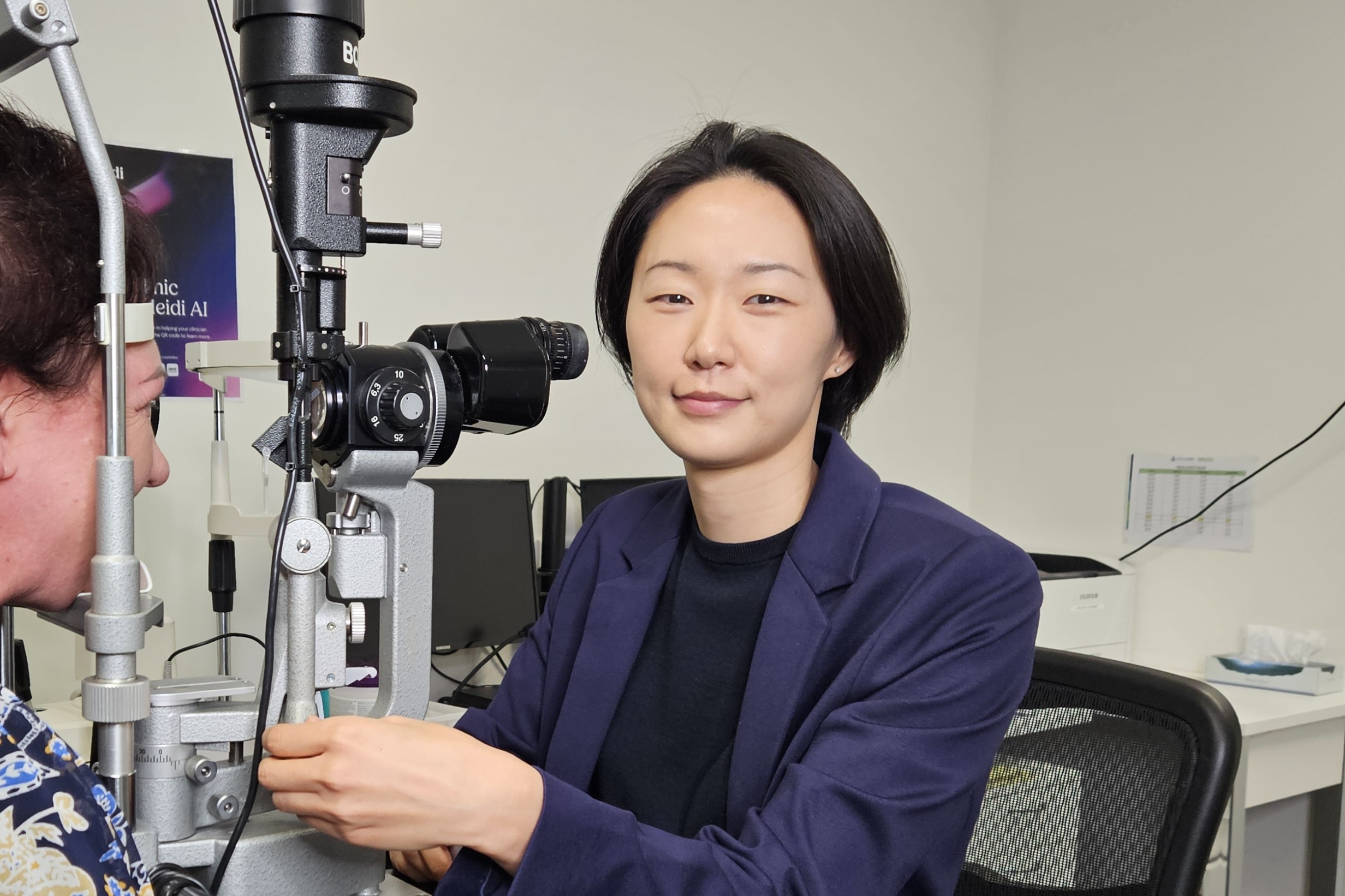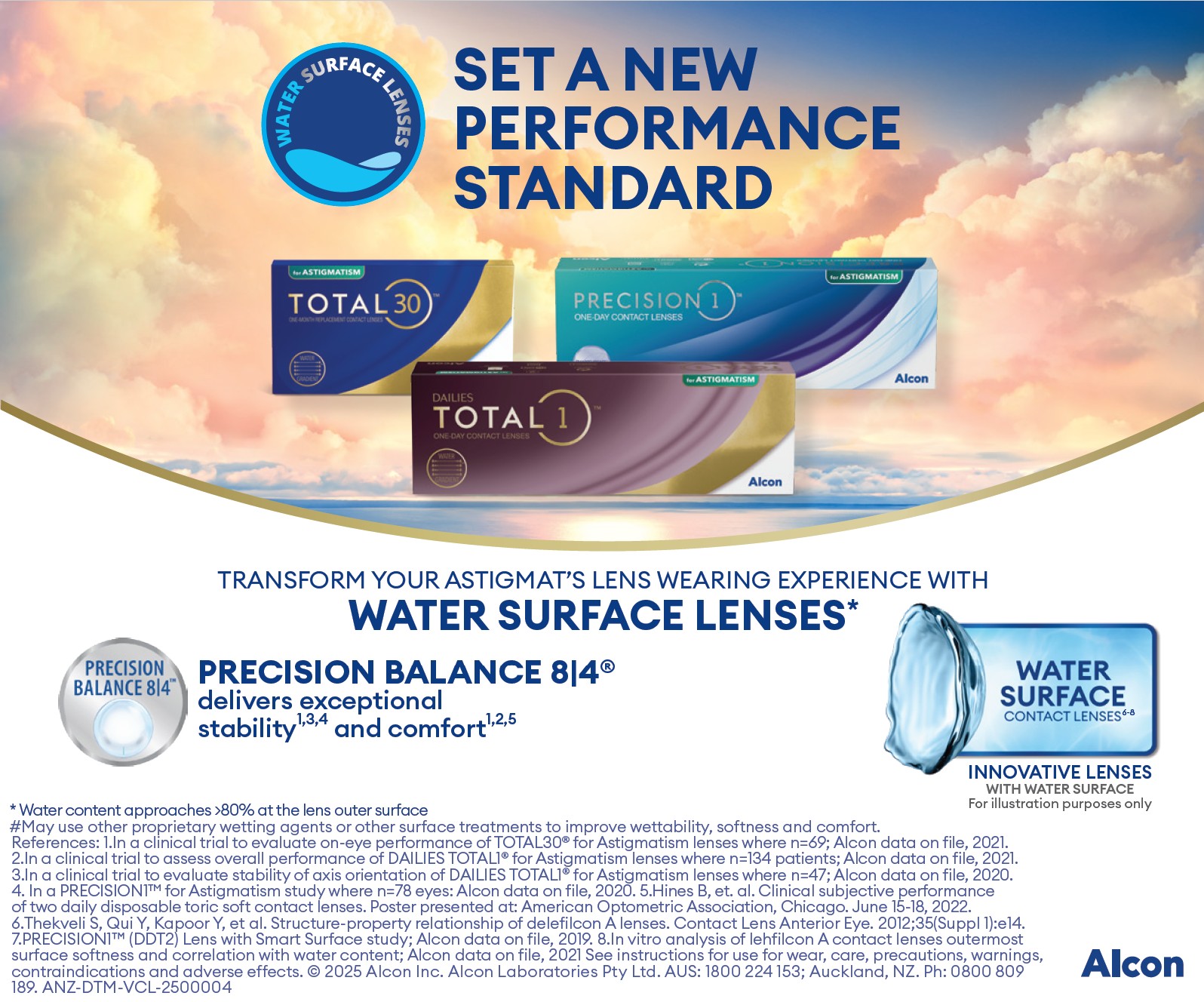Supplement reduces AMD progression
A US study has shown a revised dietary supplement, with antioxidants lutein and zeaxanthin replacing beta-carotene, reduces the cancer risks associated with the previous formula and is more effective at reducing risk of age-related macular degeneration (AMD) progression.
The US National Eye Institute’s (NEI) original 1996 Age-Related Eye Disease Study (AREDS) showed a dietary supplement of vitamin C, vitamin E, copper, zinc and beta-carotene could significantly slow AMD progression from moderate to late disease. However, two concurrent studies also revealed people who smoked and took beta-carotene had a significantly higher risk of lung cancer.
Starting AREDS2 in 2006, Dr Emily Chew, NEI’s director of the Division of Epidemiology and Clinical Application, and colleagues compared the new lutein and zeaxanthin formulation with the original beta-carotene version, which was only given to participants who had never smoked or who had quit smoking. After five years, they concluded that lutein and zeaxanthin did not increase lung cancer risk and the new formulation could reduce the risk of AMD progression by more than 25%.
A 10-year follow-up with 3,883 of the original 4,203 AREDS2 participants showed beta-carotene increased lung cancer risk for people who had ever smoked by nearly double. There was no increased risk for lung cancer in those receiving lutein/zeaxanthin. Further, after 10 years, the group originally assigned to receive lutein/zeaxanthin had an additional 20% reduced risk of progression to late AMD compared to those originally receiving beta-carotene.
For more, see www.nzoptics.co.nz/articles/archive/vitamin-d-and-omega-3-little-effect-on-amd
























